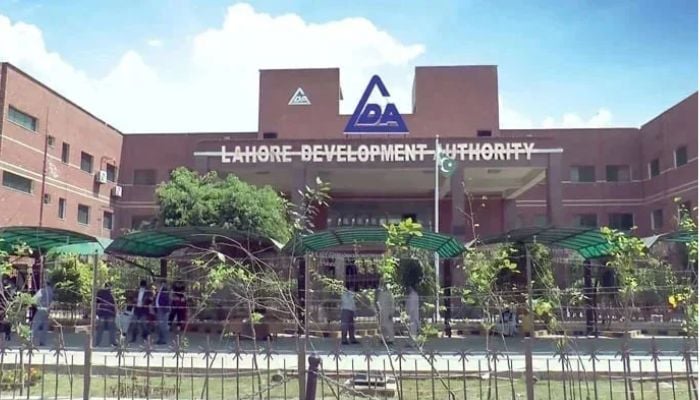
The Lahore Development Authority (LDA) is working on an artificial intelligence-based system that will replace its existing manual and online map submission and approval procedures.
According to LDA Director Tahir Farooq, the authority is planning to implement an AI-driven system to approve residential and commercial building maps. He added that the IT directorate has been assigned to develop a prototype of the software as soon as possible.
LDA AI-based system
The LDA AI-based system will utilise the new software to automatically review all documentation and technical information submitted by applicants, including setbacks, dimensions, bylaws, land use status and all other parameters.
The system, once verified, will also approve the map, after which the officers will be required to give further approvals in both digital form and as a stamped print copy.
Farooq also noted that the purpose of this initiative is to eliminate irregularities and corruption allegedly conducted by officials during the manual approval stage; the software also identifies document deficiencies, which prevent officers from raising irrelevant issues.
In the existing setup, the LDA's online system still involves a human element, which allows officials to delay cases or raise objections. A senior town planning wing official remarked that, while the online system works, it still offers staff the ability to interfere with the workflow, which then results in delays.
In the last fiscal year, the Town Planning Wing approved 6,063 maps, which included 5,556 residential and 507 commercial. Moreover, the LDA digitised data to prepare Geographic Information System (GIS) maps of 64 major commercial roads that subsequently identified a considerable number of illegal commercial properties and resulted in fines totalling approximately Rs6 billion.
















